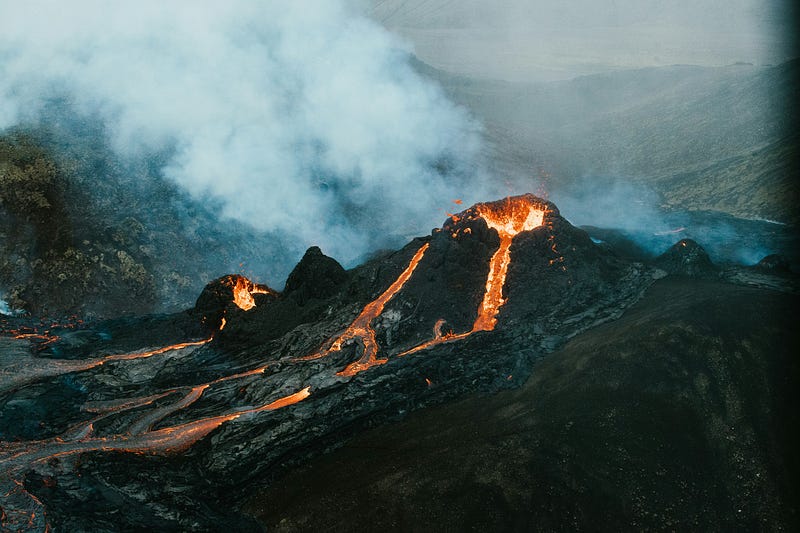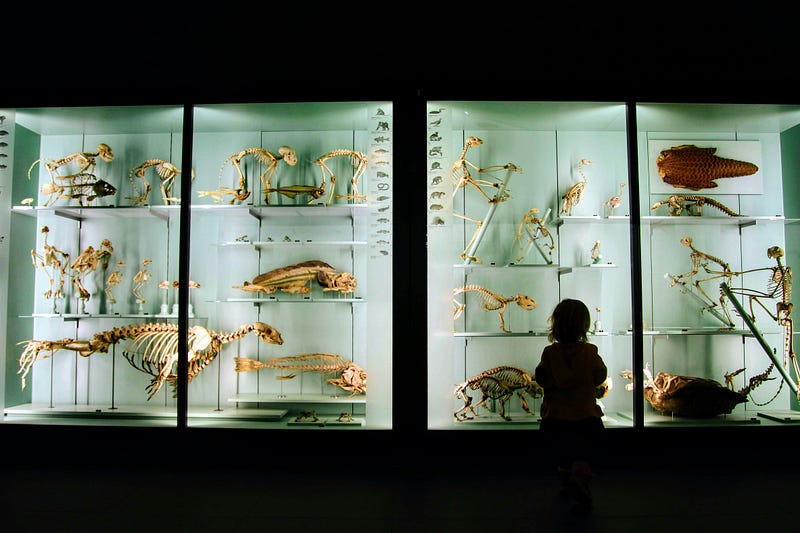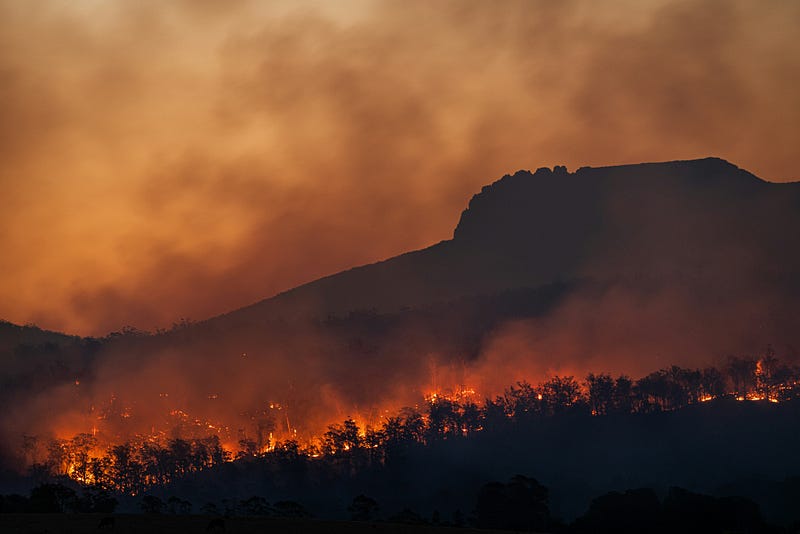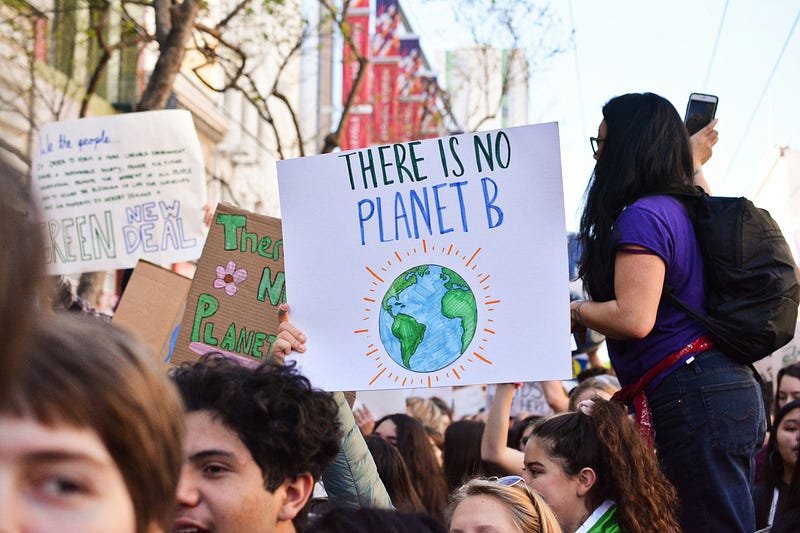Understanding the Human Impact on Climate Change and Extinction
Written on

The debate around climate change often sees persistent deniers. While everyone is entitled to their own beliefs, it's essential to recognize that many of those beliefs may not align with reality.
A significant portion of the population has shifted away from outright denial of climate change. Instead, some argue that it is a natural phenomenon, claiming that while temperatures are indeed rising — with 2023 noted as the warmest year on record — human activity is not to blame.

It's true that natural events have historically influenced climate and caused mass extinctions. For instance, scientists trace fluctuations in CO2 levels back 580 million years, attributing them to volcanic eruptions, asteroid collisions, and other natural occurrences, not human actions. Events in the Triassic Period led to the rise of dinosaurs but also witnessed the extinction of up to 90% of species — a time when humans did not exist.
Is the natural theory convincing? The end-Triassic extinction serves as an example of how natural events have historically altered CO2 levels and caused climate shifts, contributing to five significant extinction events. The most notable is the K-T extinction, caused by an asteroid impact and aggravated by volcanic activity, resulting in the loss of around 70% of species.
While it's clear that Earth's climate has changed dramatically over millions of years, it does not imply that all climate change is natural.

Currently, we are facing the sixth mass extinction, the first occurring during human times and the fastest to date.
“Modern extinction rates have increased sharply over the past 200 years (corresponding to the rise of industrial society) and are considerably higher than background rates.” — Ceballos et al.
Species can face extinction for various reasons beyond climate change, including genetic diversity loss and competition. However, the current extinction event is unprecedented, driven by human activities.
Over 98% of all species that have ever existed are now extinct. Mass extinction is defined by a rapid loss of species — typically 75% in a short geological timeframe.
“The evidence is incontrovertible that recent extinction rates are unprecedented in human history and highly unusual in Earth’s history.” — Ceballos et al.
Human actions — such as climate change, pollution, and habitat destruction — are leading to extinction rates that are now 100 to 1,000 times higher than natural background rates.

Climate change is a primary factor in rising extinction rates. While some still deny its existence, over 99% of scientists affirm that climate change is real and driven by human activity.
“Observed warming is human-caused, with warming from greenhouse gases (GHG), dominated by CO2 and methane (CH4), partly masked by aerosol cooling.” — IPCC’s Sixth Assessment Report
The Intergovernmental Panel on Climate Change (IPCC) has made it clear that the current global warming trend is due to human actions, particularly the rapid increase in greenhouse gas emissions from industrial activities.
While scientists acknowledge that climate can change naturally, they emphasize the unnatural acceleration of these changes due to human impact. The current rate of global warming is estimated to be at least ten times quicker than in previous mass extinction events.

In my opinion, the existence of climate change deniers is a reality, but most people now accept some level of human responsibility.
Although I don't expect to change any minds with this article, I believe that regardless of one's stance on the origins of climate change, we should all support sustainability initiatives.
Greenhouse gas emissions affect climate, whether from human activities or natural sources. By reducing human emissions, we can mitigate rising temperatures and their adverse effects.
“Human-caused climate change is already affecting many weather and climate extremes in every region across the globe.” — IPCC’s Sixth Assessment Report.
It's unfortunate that climate change has become a political issue, often marked by unproductive arguments instead of constructive action.
While individual efforts are important, systemic change is necessary for lasting impact. Legislation and policies can catalyze a shift in behavior on both personal and corporate levels.
Sustainability should not be optional; it should be mandated by law, requiring politicians to prioritize long-term results over short-term gains.